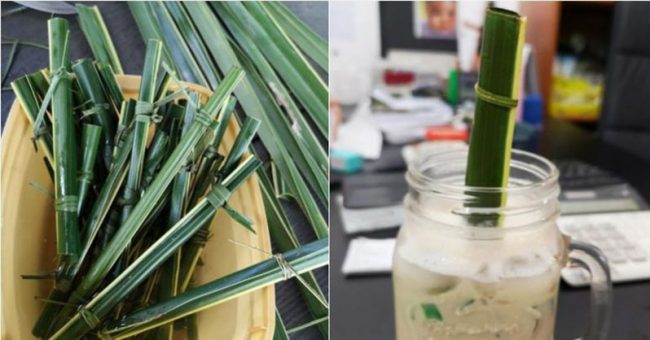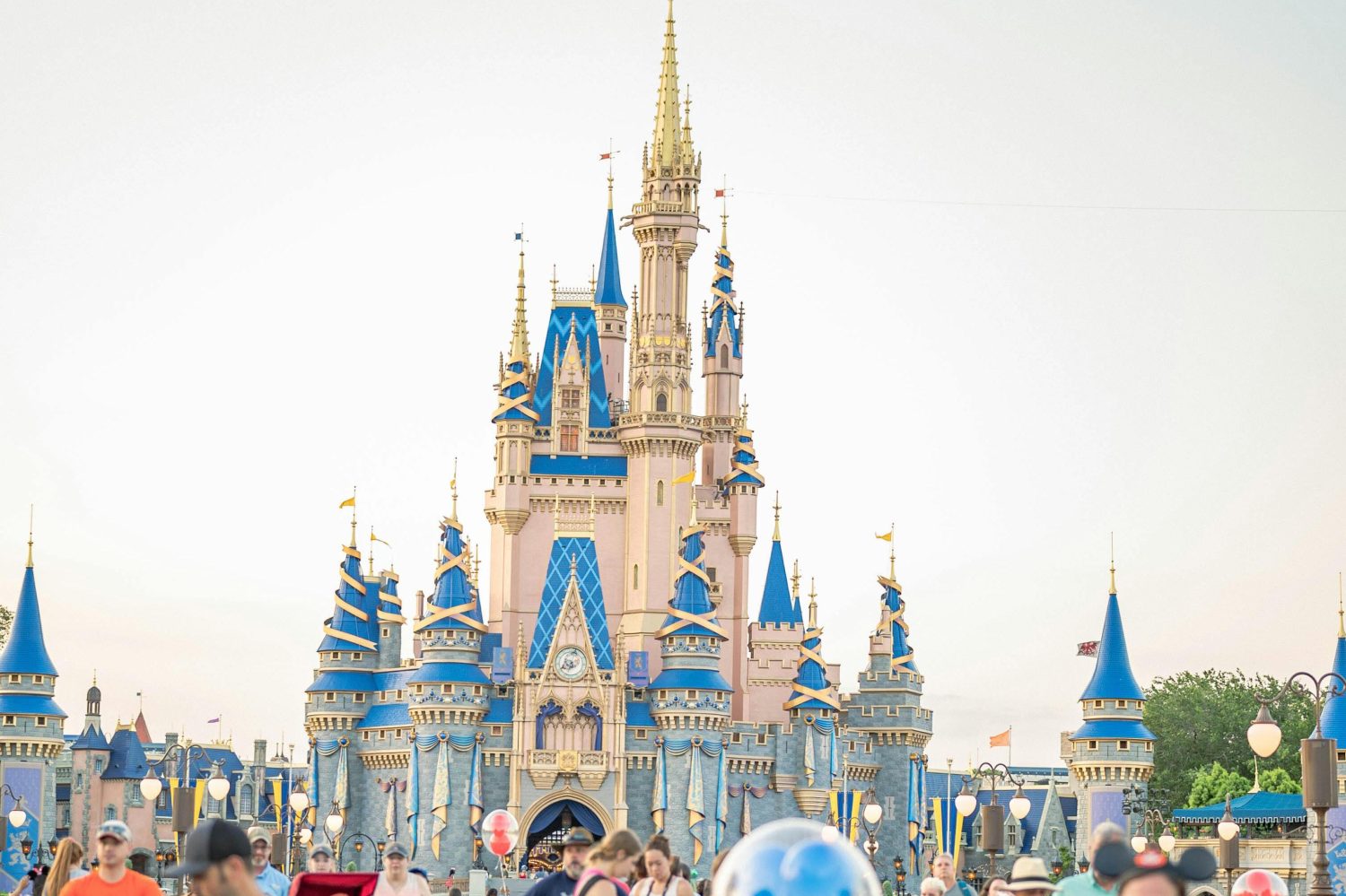A café owner is inspiring millions of people around the world to replace their plastic straws with more eco-friendly alternatives.
Sarah Tiu, who's the manager of Café Editha in Siargao Island in the Philippines, recently started using 'lukay'—rolled-up coconut leaves—as a cheap, biodegradable alternative for plastic straws in her restaurant.
Lukay is a Philippines native term for coconut or palm leaves.
In a recent interview, the cafe owner said she was impressed with the idea of how coconut leaves could be made into drinking straws.
During a family trip to Corregidor Island, Tiu ordered some drinks from a local business and was surprised to receive her beverage with a straw made out of 'rolled-up coconut leaf.
Ms. Tiu told a media outlet:
"We bought fresh buko (coconut), and they just cut lukay, then made it into straws. So we asked them to teach us [how to make them]."
And once she had mastered the skill, Tiu started using them in her restaurant. She posted a photo of her completed straws to the Café Editha Facebook page, which was shared thousands of times worldwide.
Ms. Tiu tries to eliminate as much plastic in her restaurant as she can. She explained that before coconut leaves straws, they had tried a couple of eco-friendly alternatives such as paper straws and steel straws, but customers didn't like them.
her niece and nephew helped her make a video demonstrating how to make these coconut-leaved straws.
She also revealed each straw takes a few minutes to make, and her café crew makes them every morning before they open.
She aims to raise awareness about eliminating plastic waste and promoting creative ways to care for our environment.
Why Is Plastic Pollution So Much Worse Than Other Types of Pollution?
As we all know, plastic is a strong material. The reason why we produce so much of it is that it's cheap.
The problem comes when these plastics are improperly thrown away, as they take a long time to break down naturally. Most plastics will last up to 450 years in the environment.,
Instead, they break down into small pieces until microscopic. These tiny pieces never fully disintegrate and ultimately end up in the soil, the ocean, and wildlife's bellies.
Despite knowing the adverse effects of plastic waste on the environment, plastic consumption is growing exponentially.
In 1950, the world's population was around 2.5 billion, and at the time, only 1.5 million tons of plastic had been produced.
But today, the current world population is 7.8 billion as of March 2020. We've produced over 320 million tons of plastic. If we don't start making conscious changes, these plastic wastes will double by the year 2034.



